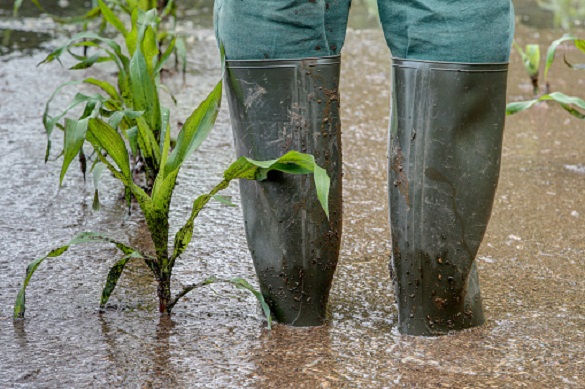Where does our food come from? How will this supply be affected by climate change? How will the food system affect the climate?
These are just some of the questions the researchers at the University of Liverpool’s Centre of Excellence for Sustainable Food Systems are addressing.
Our interdisciplinary research activities study how food (animals and plants) is produced, processed, packaged and distributed to our shops or homes and whether its access generates positive impacts on our health and the health of our environment. Much of the food we consume is grown in different parts of the world, and delivered through complex supply chains.
While this global production and movement greatly increases the variety, availability and price of our food, these global food systems are vulnerable to political changes and unforeseen events. For example, changes in trade rules from Brexit and the Covid-19 pandemic have led to some food items being low, with empty shelves and shortages.
In addition, climate change creates additional stresses on our food systems and supply chains. Changes in weather patterns, such as increased flooding and increased temperatures seriously impact on food production, especially in developing countries around floodplains, and also alter patterns of human, animal and plant diseases.
The global population will also increase (especially in Africa and Asia), with more mouths to feed but with limited resources.
Our research is aimed at helping people to adapt their food systems making them more resilient. We need crops and animals that are capable of coping with extremes in weather, agricultural practices that make better use of resources, supply chains that distribute food better and reduce waste.
We must also encourage behaviours on food choices and consumption that promote both better health outcomes and reduce impacts on the environment. These are difficult problems that require systematic approaches to create clarity and identify solutions. Education and sharing of new technologies and ideas will be key to our ability to deal with these global challenges.
Our new MSc and PhD programmes in Sustainable Food Systems have been designed to educate and train the next generation of people who will drive the changes needed to ensure that the world has sufficient, nutritious and affordable food in the face of population growth and climate change. If you join our programmes you will learn about all aspects of these Food Systems and undertake a project with one of our team.
Because of the interdisciplinary nature of this subject, these programmes are suitable for students with almost any background in science, healthcare, social science or business. Join the programme and make a difference!
